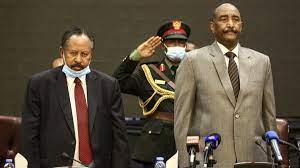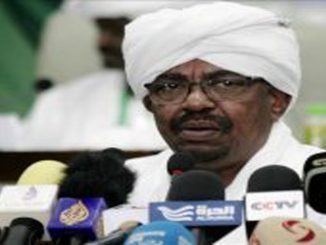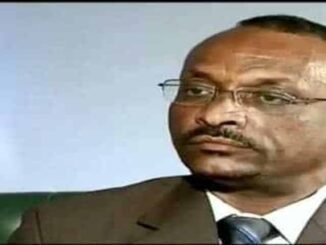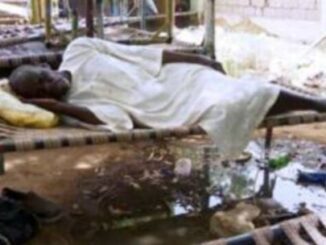
Hamdok steps down as mass protests continue rejecting a deal he signed with the military following a coup on October 25.
Sudan’s Prime Minister Abdalla Hamdok has announced his resignmation in a televised address late on Sunday,. His resignmation comes amid political deadlock and widespread protests following a military coup that derailed the country’s fragile transition to democracy.
Hamdok’s resignation came six weeks after he returned to his post in a deal with the military leaders he argued could save Sudan’s political transition. But the pro-democracy movement rejected that agreement, and Hamdok failed to name a new government as thousands of people continued to protest against the military’s power grab.
In his resignation speech, Hamdok said a roundtable discussion is needed to agree on a new “national charter” and to “draw a road map” to complete Sudan’s transition to democracy.
Hamdook decided “to give a chance to another man or woman of this noble country to … help it pass through what’s left of the transitional period to a civilian democratic country,” He said.
The announcement throws Sudan’s future deeper into uncertainty, three years after an uprising that led to the overthrow of longtime leader Omar al-Bashir.
Hamdook became a prime minister in 2019 under a power-sharing agreement that promised multiparty elections in 2023.. Previously he was an economist and former United Nations official.
But military-civilian ties became frayed as the army refused to cede power to civilians, and on October 25, Hamdok was removed and placed under house arrest. He was reinstated on November 21 in a deal that called for an independent technocratic cabinet under military oversight.
Sudan’s pro-democracy movement denounced that agreement, however, insisting that power be handed over to a fully civilian government.
The prime minister warned that the ongoing political deadlock could become a full-blown crisis and damage the country’s already battered economy.
“I tried as much as I possibly could to prevent our country from sliding into a disaster. Now, our nation is going through a dangerous turning point that could threaten its survival unless it is urgently rectified,” he said.
Following Hamdok’s resignation on Sunday, the United States urged Sudan’s leaders to “set aside differences, find consensus, and ensure continued civilian rule”.



